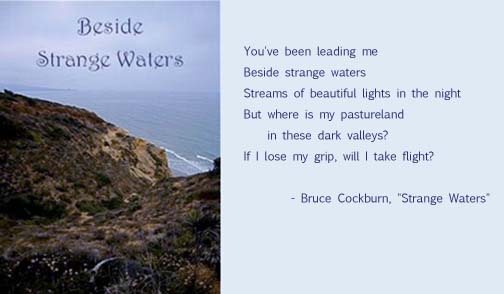Lately, I've become more aware of my own mortality. Maybe it's COVID, maybe it's the birth year on the driver's license. Whatever the cause, I've realized that it's time to start my
Swedish Death Cleaning. Last July, I set the ambitious goal of getting rid of 1,000 items by December 31st (it didn't happen), and this year, my first-quarter
Game Changer is to finish getting rid of 1,000 objects.
That means I need to discard, donate or give away six items every single day for three months. Yikes!
In order to facilitate the Death Cleaning Process, I've decided to read a book every week for the entire year. Maybe I'll keep a few books, if they're extraordinary. More likely, they will begin their one-way journey to a new home via Bookman's or the local library bookstore.
Link to Little, Brown
It's the first book on my 50-book list. In 2013, I heard an interview with David Sedaris on NPR and knew then that I wanted to read Let's Explore Diabetes with Owls. But you know how it is when you're driving – you think you'll remember; you always forget. A few years later, I was on an Aggressor liveaboard, shuffling through the cabinet of ragged bodice-rippers and nearly new bestsellers when I discovered Sedaris's book.
If you're a scuba diver, you know that a liveaboard vacation consists of three activities: you dive, you eat and you sleep. Any spare moments are spent at the laptop poring over underwater photos or sunning yourself sleepily on the deck. Before bed, maybe you'll spend a few minutes sipping wine and marveling at the stars while moonlit waves lap gently against the side of the boat. Reading is reserved for tedious hours in the cramped little island terminal or for the long flight home.
So when we're packing for our return flight, those of us who love the scent and feel of real paper head for the galley to rummage through the shelf of abandoned books. We unload the edifying classics we meant to read but didn't; we return the trashy novels we borrowed the first day and finished during the week; and we comb through the stacks hoping for an undiscovered gem. I found my treasure wedged between a thick Tom Clancy knock-off and a self-help book, hidden behind an entire first row of more popular tomes: David Sedaris's first edition of Let's Explore Diabetes with Owls. Of course I took it with me to read on the airplane.
But you know how it is when you're flying. You'll think you'll read, then decide to watch a movie instead. Or you drift off, book open in your lap, and open your eyes to find the stewardess collecting last-minute trash. You tuck in a corner of a napkin, snap the book shut and stuff it in your carry-on just before landing. Then the book sits unread on your shelf for a few more years.
So it was with David Sedaris's Let's Explore Diabetes with Owls.



